Navigating The Liturgical Calendar: Understanding Days Of Obligation In 2025
Navigating the Liturgical Calendar: Understanding Days of Obligation in 2025
Related Articles: Navigating the Liturgical Calendar: Understanding Days of Obligation in 2025
Introduction
In this auspicious occasion, we are delighted to delve into the intriguing topic related to Navigating the Liturgical Calendar: Understanding Days of Obligation in 2025. Let’s weave interesting information and offer fresh perspectives to the readers.
Table of Content
Navigating the Liturgical Calendar: Understanding Days of Obligation in 2025
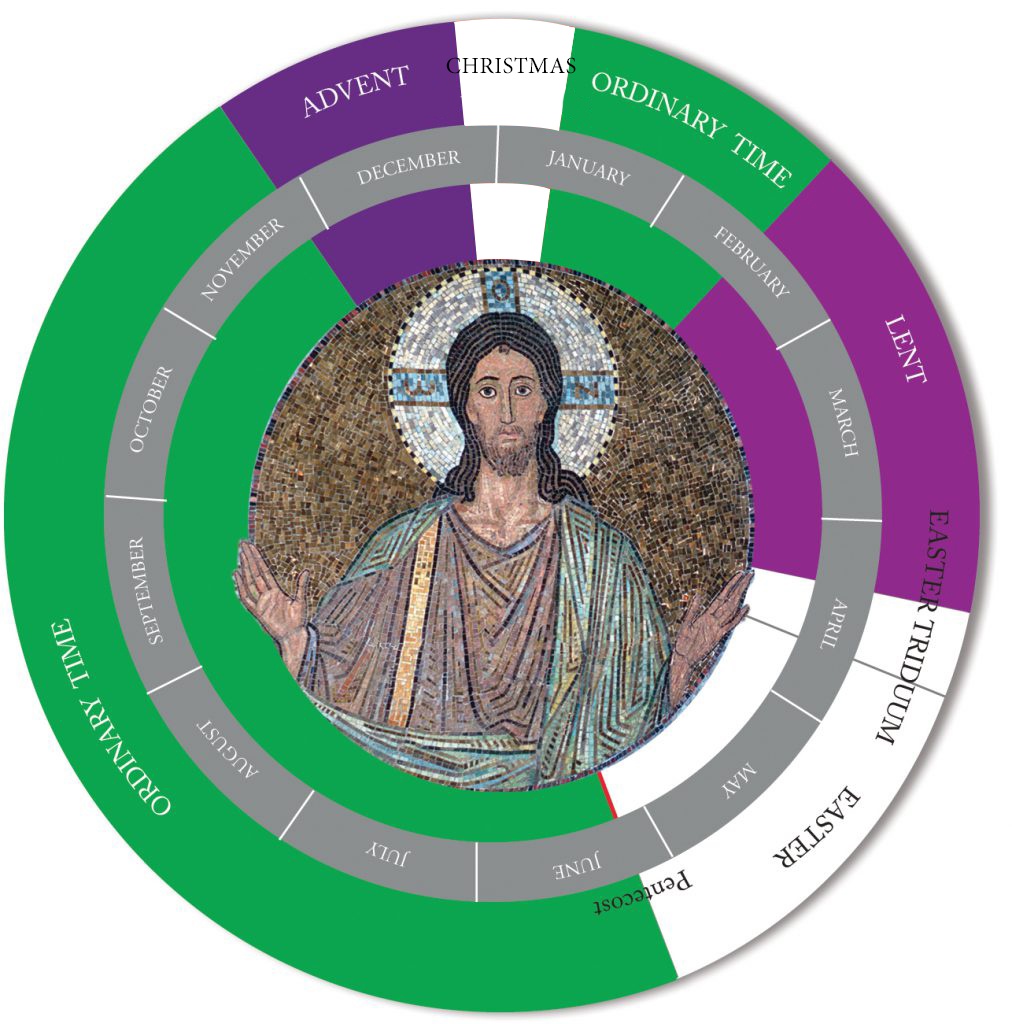
The Catholic Church, in its rich tapestry of tradition and faith, observes specific days throughout the year as "Days of Obligation." These designated days hold a particular significance, emphasizing the importance of communal worship and the celebration of key events in the life of Christ and the Church. While the exact number of these days may vary slightly depending on the region, 2025 presents a set of seven Days of Obligation that Catholics are encouraged to attend Mass.
The Significance of Days of Obligation
The observance of Days of Obligation stems from the Church’s desire to foster a deep connection between its members and the sacred events commemorated on these days. Participating in Mass on these occasions serves as a powerful reminder of the central tenets of Catholic faith, fostering a sense of community and strengthening individual devotion.
Days of Obligation in 2025
The following days are designated as Days of Obligation in 2025:
-
Solemnity of Mary, Mother of God (January 1): This day marks the beginning of the liturgical year and celebrates Mary’s role as the Mother of Jesus Christ. It serves as a reminder of the Incarnation and the divine origin of Jesus.
-
Ascension Thursday (May 29): This day commemorates the ascension of Jesus Christ into heaven forty days after his Resurrection. It signifies the triumph of Christ over death and his eternal reign in glory.
-
Solemnity of the Most Holy Body and Blood of Christ (Corpus Christi – June 19): This day celebrates the institution of the Eucharist at the Last Supper and the real presence of Christ in the Holy Communion. It emphasizes the importance of the Eucharist as the source and summit of Christian life.
-
Solemnity of Saints Peter and Paul, Apostles (June 29): This day honors the two great pillars of the early Church, Peter and Paul, whose ministries laid the foundation for the spread of Christianity.
-
Assumption of the Blessed Virgin Mary (August 15): This day celebrates the bodily assumption of Mary into heaven. It symbolizes Mary’s triumph over death and her role as Queen of Heaven.
-
Solemnity of All Saints (November 1): This day celebrates the communion of saints, acknowledging the holiness of all those who have died in the grace of Christ and are now united with God.
-
Solemnity of the Immaculate Conception (December 8): This day commemorates the conception of Mary without original sin. It highlights Mary’s unique role in God’s plan of salvation and her exceptional holiness.
Understanding the Obligations
While the term "Days of Obligation" implies a strict requirement, the Church emphasizes the importance of participating in Mass on these days rather than imposing a rigid obligation. The obligation to attend Mass on these days applies to all Catholics who have reached the age of reason and are not physically or mentally incapacitated.
Benefits of Observing Days of Obligation
Observing Days of Obligation offers numerous benefits, both spiritual and communal:
-
Deepening Faith: Attending Mass on these days allows individuals to actively participate in the celebration of key events in the life of Christ and the Church, fostering a deeper understanding and appreciation of their faith.
-
Strengthening Community: Mass participation on Days of Obligation strengthens the bonds of community among Catholics, fostering a sense of shared faith and purpose.
-
Renewing Commitment: These days provide an opportunity for Catholics to renew their commitment to their faith, reflecting on their relationship with God and their role within the Church.
-
Seeking Grace: The Church believes that participating in Mass on Days of Obligation provides an opportunity to receive God’s grace, seeking his blessings and guidance in their lives.
FAQs on Days of Obligation
Q: What if I cannot attend Mass on a Day of Obligation due to illness, travel, or other unavoidable circumstances?
A: The Church acknowledges that unforeseen circumstances may prevent individuals from attending Mass on Days of Obligation. In such cases, the obligation is fulfilled by participating in Mass on another day.
Q: Is it necessary to attend Mass at a specific time on a Day of Obligation?
A: No, the obligation is fulfilled by attending any Mass on the designated day.
Q: Are there any exceptions to the obligation to attend Mass on Days of Obligation?
A: Yes, individuals who are physically or mentally incapacitated are exempt from the obligation. Additionally, certain individuals, such as those who are pregnant or breastfeeding, may be excused from attending Mass on Days of Obligation if it poses a health risk.
Q: What are the consequences of not attending Mass on a Day of Obligation?
A: The Church does not impose any penalties for failing to attend Mass on a Day of Obligation. However, it encourages all Catholics to participate in these important celebrations as a sign of their faith and devotion.
Tips for Observing Days of Obligation
-
Plan Ahead: Mark the Days of Obligation on your calendar to ensure that you can attend Mass on these days.
-
Prepare Your Heart: Reflect on the significance of the day and the events being celebrated.
-
Engage in Prayer: Spend some time in prayer before and after Mass, reflecting on the readings and the homily.
-
Share Your Faith: Encourage others to participate in Mass on Days of Obligation and share the importance of these celebrations.
Conclusion
Days of Obligation serve as a reminder of the central tenets of Catholic faith, fostering a deep connection between individuals and the Church. Observing these days through active participation in Mass strengthens faith, builds community, and provides an opportunity for renewal and reflection. While the obligation to attend Mass is a significant aspect of Catholic life, the Church emphasizes the importance of celebrating these days with a spirit of joy and devotion, acknowledging the grace and blessings that accompany these special occasions.


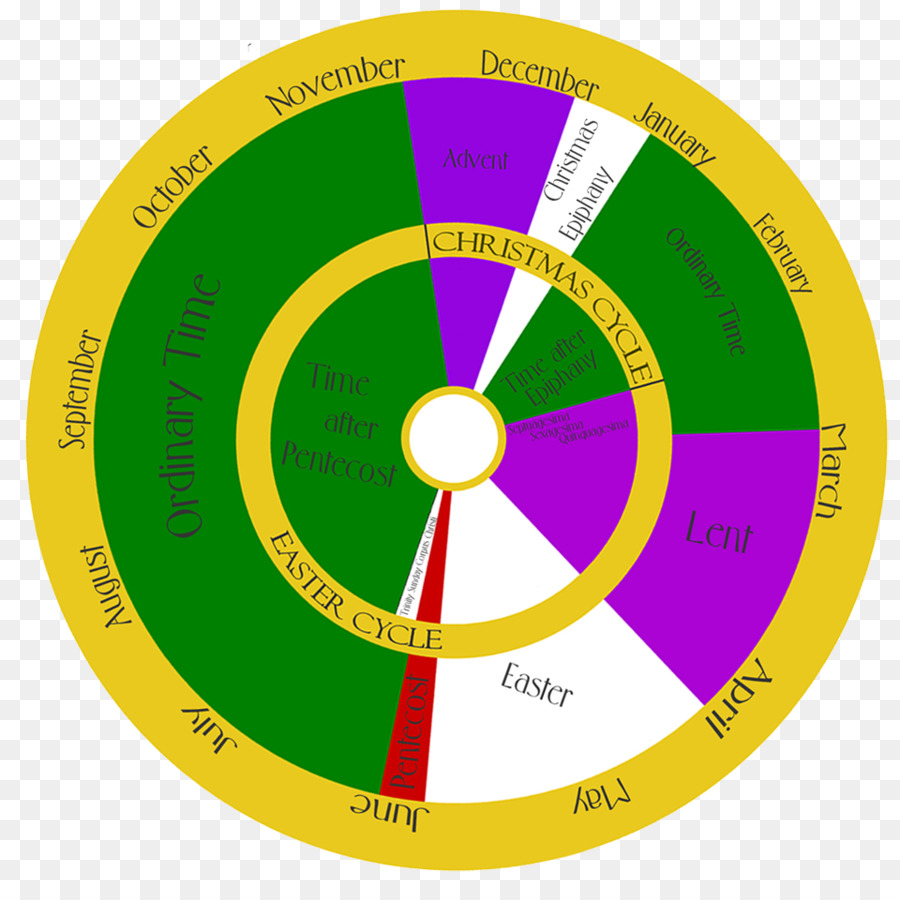
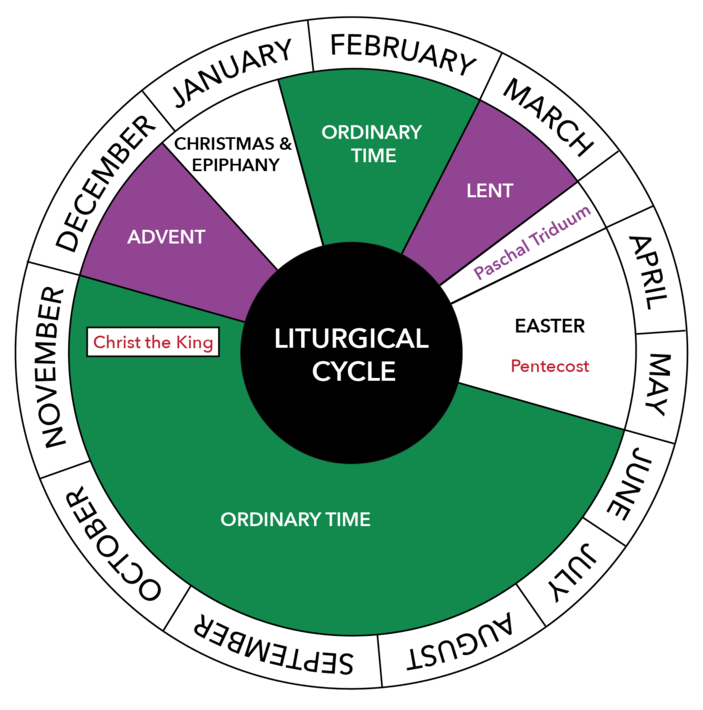
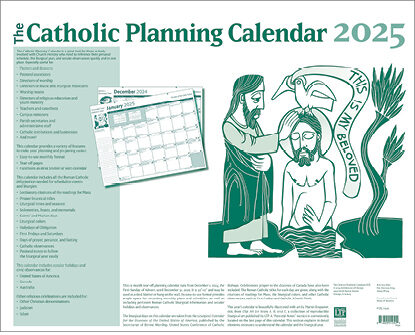

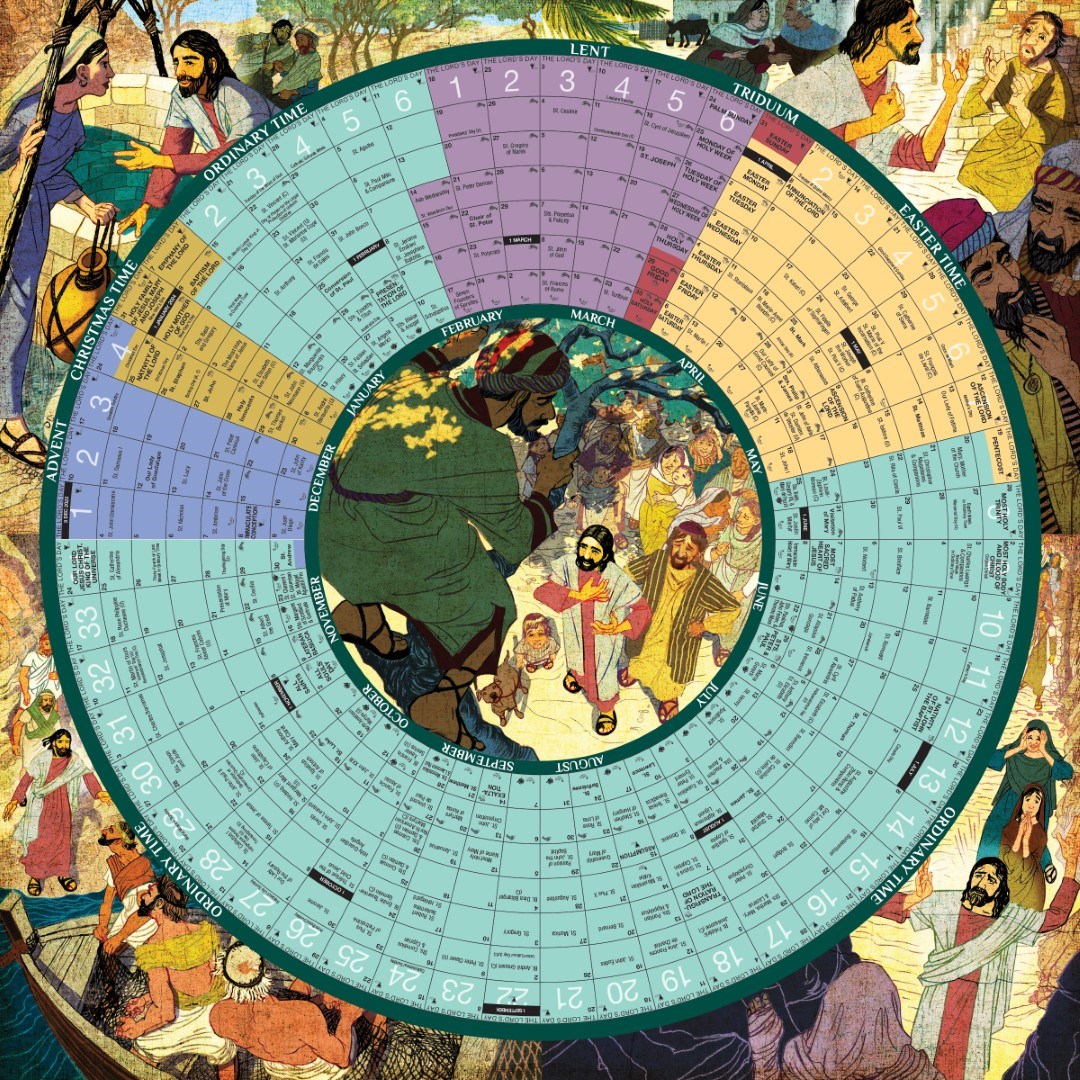
Closure
Thus, we hope this article has provided valuable insights into Navigating the Liturgical Calendar: Understanding Days of Obligation in 2025. We hope you find this article informative and beneficial. See you in our next article!